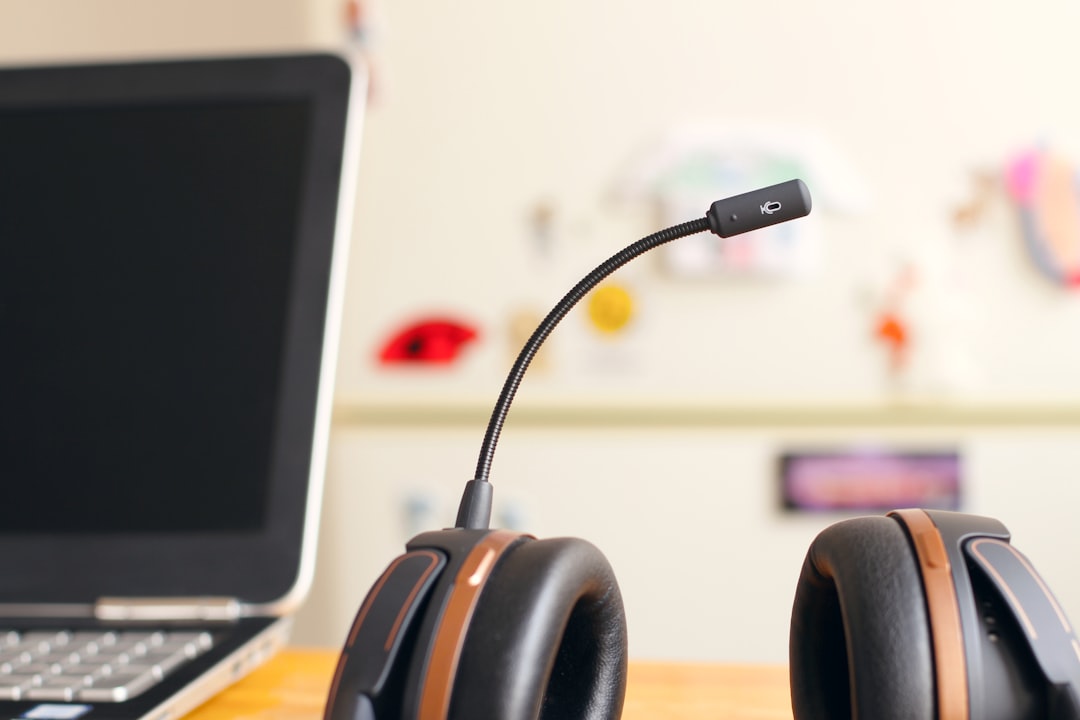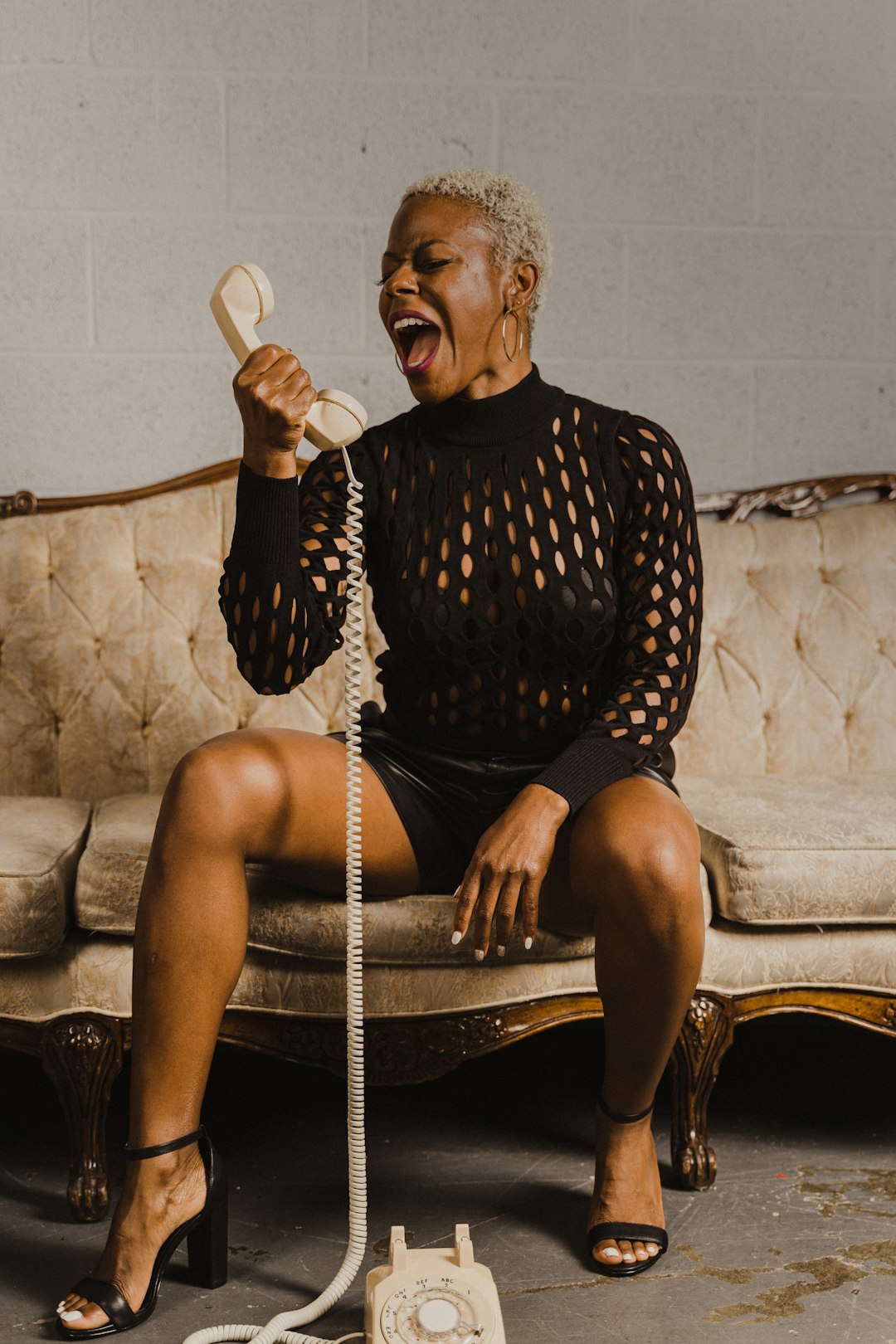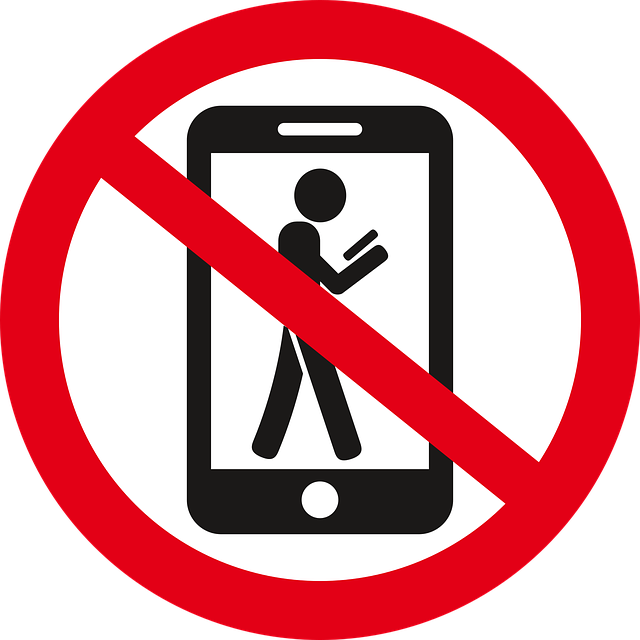Wrong number debt collection calls in Rhode Island can lead to privacy and legal issues. Debtors have specific rights against harassment and unfair treatment, with strict guidelines governing collector conduct. If you receive a mistaken call, politely refuse and consult a lawyer specializing in Rhode Island's debt collection laws for guidance on your rights and options, including preventing future incorrect calls.
Wrong number calls from debt collectors are surprisingly common, but they don’t make receiving them any less stressful. This guide breaks down everything you need to know about these unwanted interactions, focusing on Rhode Island’s legal framework protecting debtors. We’ll walk you through your rights, what to do when you receive an incorrect call, and the benefits of seeking advice from a specialist lawyer for debt collectors in Rhode Island.
Understanding Wrong Number Calls by Debt Collectors

Wrong number calls from debt collectors can be frustrating and stressful, but understanding this phenomenon is essential. Often, these misdials occur due to similar phone numbers or a simple mix-up. However, when a debt collector contacts an unrelated party, it raises concerns about privacy and legal rights. If you’ve received such a call in Rhode Island, knowing your rights as a consumer is crucial.
Hiring a lawyer specializing in debt collection laws can provide clarity and protection. These legal experts can guide you through the complexities of debt collection practices and ensure that your rights are upheld. In Rhode Island, there are strict guidelines regarding debt collector conduct, and a knowledgeable attorney can help you navigate these rules to prevent harassment or unfair treatment.
Legal Rights of Debtors in Rhode Island

In Rhode Island, debtors have specific legal rights when it comes to interactions with debt collectors. It’s crucial to understand these rights, especially when dealing with mistaken calls or incorrect information. If a debtor receives a call from what appears to be a debt collector and believes it may be a wrong number, they are not obligated to engage in the conversation. According to state laws, debtors can politely decline to provide any personal or financial details and demand verification of the debt’s legitimacy.
Hiring a lawyer for debt collectors in Rhode Island can offer additional protection. Legal experts specialized in this field can advise clients on their rights, ensure debt collection practices comply with state regulations, and take appropriate actions if there’s evidence of harassment, false representation, or other abusive tactics. These professionals play a vital role in maintaining a balanced and fair debt collection process.
What to Do When You Receive an Unwanted Call

If you receive a call from a debt collector that you believe is a “wrong number,” it’s important to stay calm and handle the situation appropriately. First, don’t ignore the call, as this could be perceived as ignoring or avoiding your debt. Instead, politely inform the caller that they have reached the wrong number and request that they stop contacting you. You can say something like, “I think there has been a mistake; I am not the person you are looking for.”
If the calls continue despite your requests, consider seeking legal advice from a lawyer specializing in debt collection laws in Rhode Island. They can guide you on your rights and help take necessary actions to stop the harassment. A lawyer can send a cease-and-desist letter to the debt collector, which may deter further unwanted contact. Remember, it’s crucial to act promptly to protect your rights and avoid any potential negative impact on your financial well-being.
Seeking Legal Advice from a Specialist Attorney

If you’ve received a wrong number call from a debt collector in Rhode Island, it’s understandable to feel overwhelmed and concerned. In such situations, seeking legal advice from a specialist attorney can be immensely beneficial. A lawyer for debt collectors in Rhode Island will possess extensive knowledge of consumer protection laws and the Fair Debt Collection Practices Act (FDCPA). They can help you understand your rights and guide you through the process of disputing the call.
A skilled attorney can also take proactive steps to ensure that no further incorrect calls occur, such as contacting the debt collector on your behalf and requesting they update their records. This not only protects you from future harassment but also sets a precedent for responsible debt collection practices. Remember, it’s crucial to act promptly; the longer you wait, the more difficult it may become to resolve the issue.






